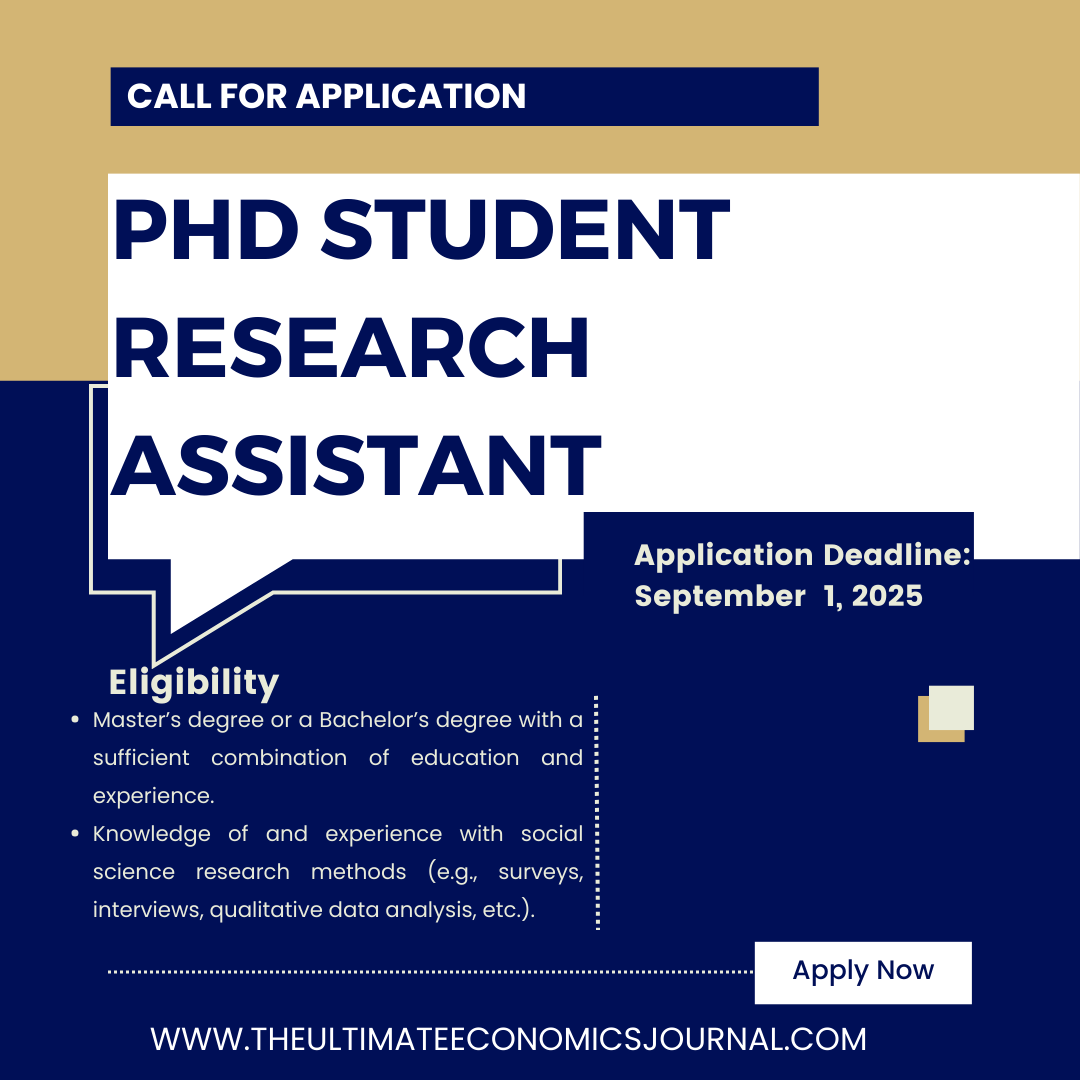The National Science Foundation-funded STORM project is inviting applications for a PhD Student Research Assistant. This project builds upon a current U.S. Department of Energy-funded Established Program to Stimulate Competitive Research (EPSCoR) collaboration involving Maine, Alaska, South Dakota and Puerto Rico. STORM emphasizes smart grid advancements to help communities disproportionately impacted by climate change and the convergent, co-production of knowledge with communities.
STORM encompasses expertise in electrical, computer and civil engineering, economics, community and environmental resilience, climatology, and mathematics and statistics. Research and workforce development objectives are built around three intersecting themes: (1) Engagement of underserved communities in local climate change solutions and knowledge translation for microgrid design; (2) Improvement of post-disaster power grid resilience in underserved communities through accelerated big data modeling, estimation, and secure control frameworks, and (3) Development of regionally relevant cyber-physical research infrastructure for studying community-engaged data-driven operation of power grids. This position will support research associated with Theme 1 and will require knowledge of and communication with researchers in Themes 2 and 3.
Benefits
- Gain new skills and knowledge in a growing interdisciplinary field (community microgrid co-design).
- Network with people in a variety of positions (local, state, and tribal governments, non-profit organizations, citizen groups, academic institutions, and businesses) throughout Maine and the United States working in these areas.
- Support cutting edge research by faculty and students from UMaine and other institutions across the country.
- Gain experience in multiple professional settings: meetings, emails, calendar management, newsletters, collaborative reporting.
Roles/Responsibilities
- Lead research on how to engage underserved communities in local climate change solutions and knowledge translation for microgrid co-design
- Conduct outreach with underserved communities and bridge communications between these communities and more technically-focused members of the STORM team
- Prepare manuscripts for publication and technical reports, fact sheets, and/or other white papers in collaboration with researchers, community partners, and student assistants.
- Present research findings and community project case studies at public and professional meetings in collaboration with researchers, community partners, and student assistants.
- Write applications and funding proposals to fund this position beyond 2 years.
- Help mentor students as appropriate.
- Maintain accurate records of research findings, analysis of results, and community project activity.
- Coordinate annual updates to the Theme 1 strategic/implementation plan and annual reporting that represent Klein’s team’s research
- Lead regular communication across multiple research teams and external partners (e.g., email, Zoom and in-person meetings, manage Google Calendar invitations, detailed shared notes, etc.).
- Perform other reasonably related duties as assigned to facilitate the success of the project.
Eligibility
- Master’s degree or a Bachelor’s degree with a sufficient combination of education and experience.
- Knowledge of and experience with social science research methods (e.g., surveys, interviews, qualitative data analysis, etc.).
- Institutional Review Board certification or willingness to achieve certification upon hire.
- Knowledge of and/or experience with microgrids or one or more components of microgrids (energy supply, electronics, cybersecurity, etc.) along with a willingness to learn about the other components
- Knowledge of and/or experience with quantitative modeling/data analysis methods (e.g., techno-economic analysis, statistical analysis, or similar).
- Demonstrated commitment to solutions-focused, community-driven, transdisciplinary research and applications.
- Demonstrated commitment to solve pressing problems using innovative methods (qualitative, quantitative, transdisciplinary and/or community-engaged).
Requirements
- Experience with collaborative projects.
- Willingness to learn and expand knowledge & skills beyond existing/historic experience/understanding.
- Excellent interpersonal and communication skills (oral and written) and the ability to work effectively with a wide range of constituencies.
- Excellent organizational and time management skills.
- Ability to develop manuscripts and deliver presentations
- Preferred fields of study: interdisciplinary combination of social sciences (e.g., anthropology, psychology, indigenous studies, economics, public policy, etc.) and engineering.
- Knowledge and experience of/with community-level decision making, organizing, and/or project implementation preferred.
- Knowledge and experience of/with Wabanaki Nations.
- Knowledge and experience of/with Maine communities.
- Knowledge and experience of/with rural communities.
- Knowledge and experience of/with disadvantaged populations.
If an applicant is not already a UMaine PhD student, it is advised that you apply to UMaine and adhere to the application requirements included on the UMaine Graduate School website and in the UMaine Graduate Catalog for the program to which you apply.


